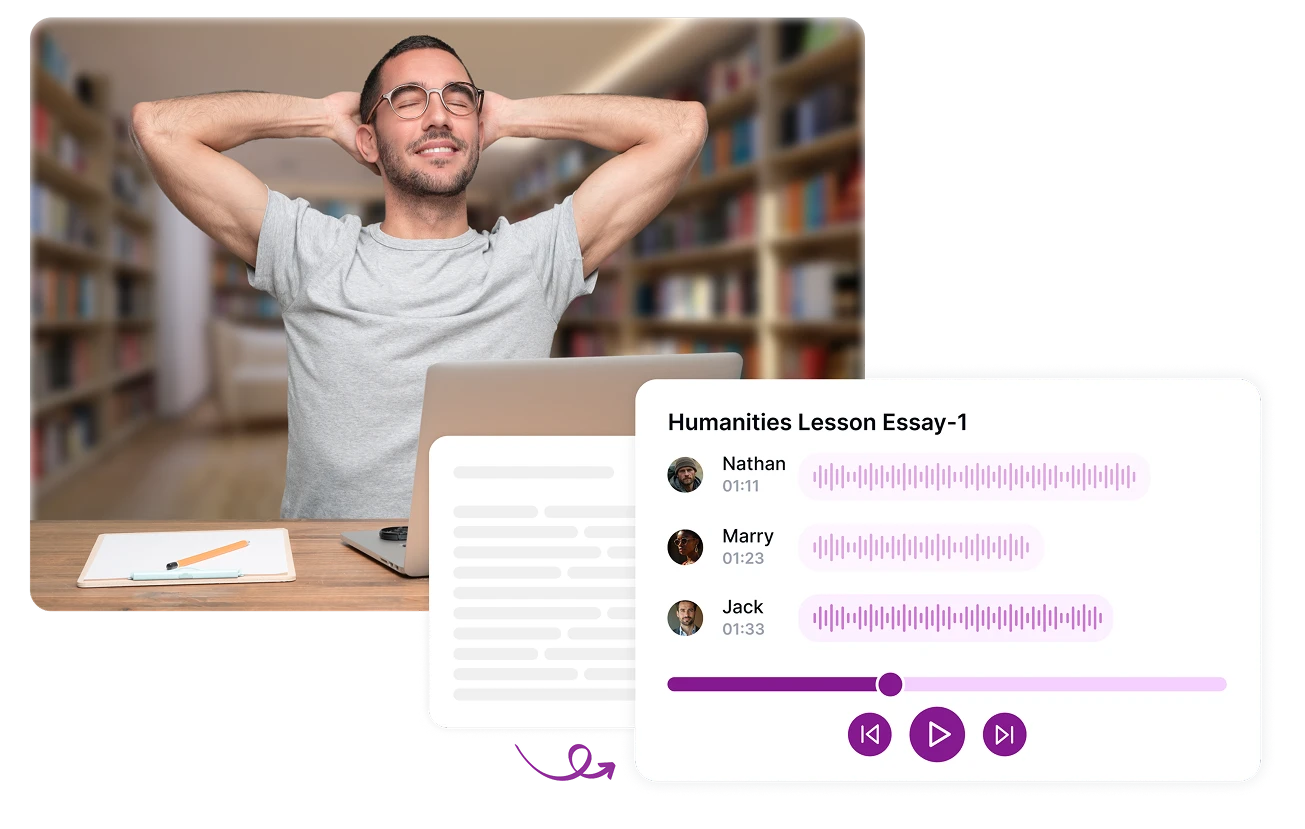Top Benefits of Using Text to Speech Technology
Text to speech (TTS) engineering has appeared as a revolutionary software for improving availability across numerous programs and industries. By changing published text in to spoken words, TTS guarantees individuals with diverse needs and tastes may accessibility and connect to electronic content more proficiently convert text to speech. Though initially produced for individuals with visible impairments, its programs have widened dramatically, giving benefits for a wide selection of users.

One of many main methods TTS helps accessibility is by empowering people who have aesthetic impairments or examining difficulties like dyslexia. In line with the Earth Wellness Business, around 2.2 billion people internationally experience some kind of perspective impairment. TTS bridges that space by letting these people to consume web content, documents, and also instructional products in a audio format. As opposed to straining around reading screens or printed material, consumers can depend on supreme quality, natural-sounding voices to exchange data effectively. Beyond supporting people that have aesthetic or studying problems, TTS also plays an essential position in improving digital inclusivity. With around 15% of the international population experiencing some kind of disability, electronic places should cater to varied needs. TTS ensures that site content, e-learning programs, and cellular applications remain available, no matter literacy levels, cognitive qualities, or language barriers. As an example, people understanding a second language may use TTS to hear right pronunciations, enhancing their understanding and fluency. The technology also holds remarkable price for multitaskers and on-the-go professionals. Whether commuting or coping with a busy routine, many people benefit from consuming written content through music channels. TTS empowers users to “read” posts, e-mails, or papers while operating, exercising, or doing different jobs, which makes it a versatile supply tool.

Data further enhance its growing popularity. A current survey said that international text-to-speech market price is expected to achieve $7 thousand by 2030, fueled by increasing need for availability alternatives in areas like healthcare, knowledge, and e-commerce. With increased organizations adopting TTS, we're watching a change toward widely inclusive material designed for varied audiences. The advantages don't end with bodily accessibility. TTS has also increased client experiences in digital environments. Voice-driven chatbots, improved navigation techniques, and self-service kiosks driven by TTS create seamless and user-friendly relationships, lowering friction for folks who might struggle with written interfaces. The rising adoption of TTS factors to a future where digital content is more inclusive, efficient, and workable for everyone. By integrating text-to-speech engineering in to everyday purposes, we are one step nearer to making supply a regular as opposed to an afterthought.